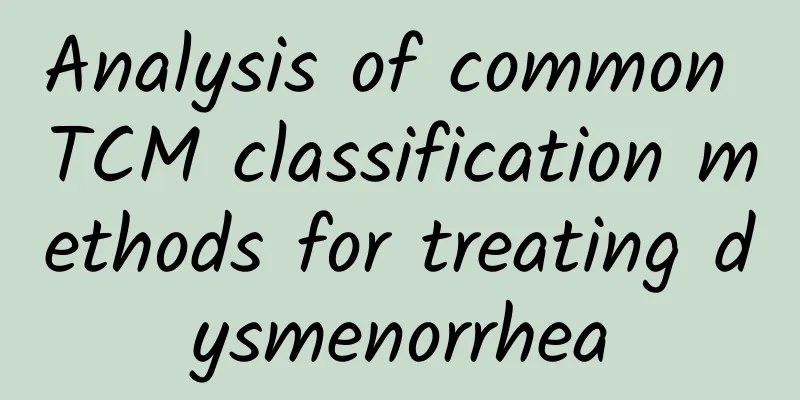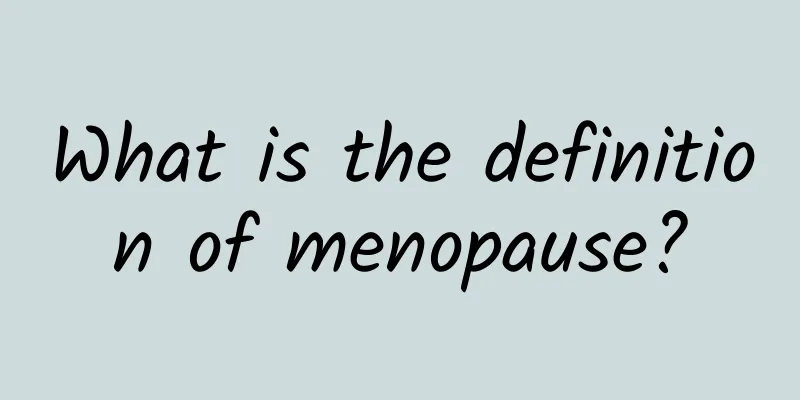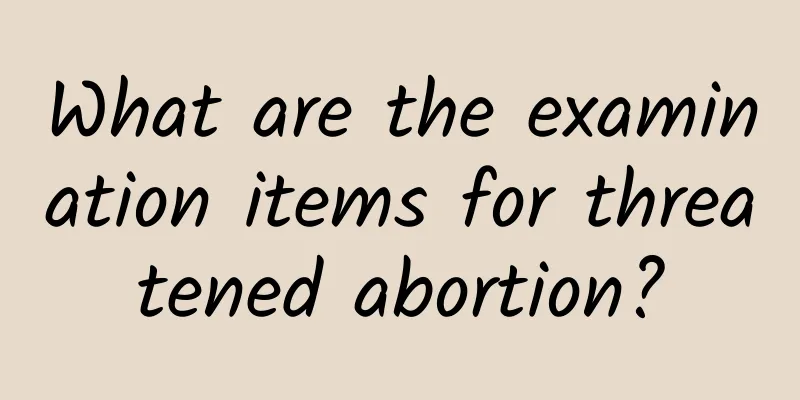Analysis of common TCM classification methods for treating dysmenorrhea

|
In clinical practice, Chinese medicine divides dysmenorrhea into four categories according to different dysmenorrhea symptoms, and it is a very effective method to treat dysmenorrhea . So what are the methods of Chinese medicine for treating dysmenorrhea by classification? Here we will tell you about the common methods of Chinese medicine for treating dysmenorrhea by classification. Generally, the common TCM classification methods for treating dysmenorrhea are: 1. Qi stagnation and blood stasis: abdominal distension and pain, nipple tenderness, irritability, scanty menstruation or menstrual irregularities before or during menstruation. When treating dysmenorrhea, you should take medicines that soothe the liver and regulate qi, dissipate blood stasis and relieve pain. For food treatment of dysmenorrhea, you can use boiled eggs with motherwort. 2. Qi and blood deficiency: continuous abdominal pain during menstruation, scanty menstruation, light and thin menstruation, fatigue, sallow complexion, poor appetite, loose stools, etc. When treating dysmenorrhea, you should take medicines that have the effects of replenishing qi, blood and relieving pain, and you can also eat more mutton. 3. Yang deficiency and internal cold: cold pain in the lower abdomen during or after menstruation, light menstruation and less amount, accompanied by sore waist and weak legs, cold hands and feet, clear and long urine, etc. When treating dysmenorrhea, you should take medicines that have the effects of warming the meridians and dispelling cold, nourishing blood and relieving pain. For example, brown sugar ginger soup is very effective in treating dysmenorrhea. Brown sugar has the effects of nourishing blood, dispersing stasis, warming the liver, and dispelling cold, while ginger has the effects of nourishing the middle and dispelling cold and treating dysmenorrhea. The two medicines can be used together to nourish qi and blood, warm the meridians and activate blood circulation. 4. Liver and kidney deficiency: 1-2 days after the menstruation is over, there will be backache, weak legs, dull pain in the lower abdomen, or hot flashes, dizziness, tinnitus, etc. When treating dysmenorrhea, you should take drugs that have the effects of nourishing the kidneys, nourishing the liver and relieving pain. The above is an introduction to the methods of treating dysmenorrhea according to TCM classification. I hope it will be helpful to everyone. Patients should choose the method of treating dysmenorrhea that suits them according to their actual condition and should not choose blindly. |
<<: Experts explain the precautions before ectopic pregnancy surgery
>>: Experts explain two common causes of dysmenorrhea
Recommend
What are the food health treatments for amenorrhea
There are many treatments for amenorrhea, and food...
Eat the right starch to lose weight! Handmade high-fiber soup cubes
According to European research, eating high-prote...
Three main predisposing factors of vaginitis in the elderly
The cause of vaginitis in the elderly is mostly d...
Will menstruation occur if the abortion is not clean? Women should pay attention to vaginal bleeding
If heavy bleeding occurs after medical abortion a...
Banned drugs found in 8 samples of mullet from the market
The use of banned drugs in fish is a serious prob...
Can abnormal leucorrhea be washed?
When leucorrhea is abnormal, it is not recommende...
What does Bartholin's gland cyst mean?
Vestibular gland cyst refers to a cyst formed by ...
Is 1.4cm of pelvic fluid in the dark area serious?
Pelvic effusion with a 1.4 cm dark area is relati...
Does smoking cause ovarian cysts?
Does smoking cause ovarian cysts? Smoking is harm...
What changes occur during menopause?
Menopause is an inevitable process in every woman...
I can't sleep at night because of menstrual cramps
Insomnia due to dysmenorrhea pain at night may be...
Will the fallopian tubes be blocked after painless abortion?
Will the fallopian tubes be blocked after painles...
Will a uterine cyst go away on its own?
Uterine cysts generally do not go away on their o...
Three common treatments for vulvar leukoplakia
How to treat vulvar leukoplakia is a question tha...
What are the three treatments for functional uterine bleeding?
Treatments for functional uterine bleeding includ...









